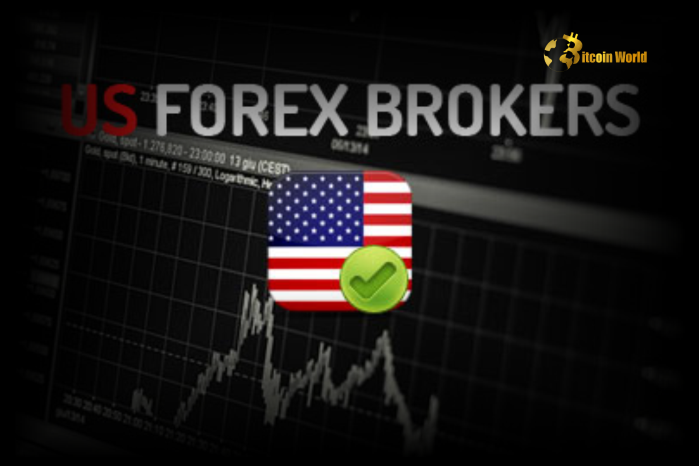A Beginner’s Guide to Forex Trading in America
A Beginner’s Guide to Forex Trading in America
Blog Article
Why Forex is Gaining Popularity in America
International change, or Forex trading, brings millions of individuals in the United States every year. Its pure measurement and liquidity allow it to be one of the very fascinating markets globally. Nevertheless, forex in us. takes a special and rigid method of regulating Forex activities. If you're trying to industry currencies or just want to know the way legitimate frameworks shape the Forex industry, understanding these rules is crucial.

Key Legitimate Frameworks Shaping Forex in the US
Forex regulation in the United States stands apart because complete chance controls and client protections. Two major government figures oversee most Forex activities:
• Thing Futures Trading Commission (CFTC)
• National Futures Association (NFA)
The CFTC, produced in 1974, is tasked with regulating the futures and alternatives markets, foreign exchange included. The NFA, as a self-regulatory business, operates closely with the CFTC to enforce principles and maintain equity in trading practices.
Registration and Submission
Every Forex vendor or broker using the services of U.S. citizens should register with both the CFTC and NFA. These entities may also be expected to stick to demanding functional standards, including:
• Minimal web capital needs (often higher than in other countries)
• Continuous audits
• Powerful anti-money laundering (AML) procedures
• Translucent chance disclosure
Violations can cause large fines or a lasting bar from the market. This regulatory framework aims to avoid scam, defend investors, and increase market integrity.
Significant Constraints on Forex Activities
Foundational protections influence how Forex runs in the U.S.:
• Control limits: The NFA pieces a optimum leverage of 50:1 for major currency couples and 20:1 for minors. This really is much lower than several international markets, supporting defend inexperienced traders from substantial losses.
• Segregation of funds: U.S. legislation needs that client resources are kept split from broker functional funds. That calculate safeguards traders in the case a broker becomes insolvent.
• Advertising and disclosure: Firms should obviously explain dangers, fees, and trading elements to clients. Inaccurate or intense solicitation practices face rigid penalties.
Enforcement and Penalties
U.S. agencies often check for fraudulent systems, insider trading, and illicit industry manipulation. Mathematical knowledge from enforcement reports reveals a regular pattern of penalties and settlements in recent years, showing continuous vigilance. This atmosphere, while stricter than most parts of the planet, creates a better playing field for retail and institutional traders alike.
What to Consider as a US Forex Trader
Recent developments disclose a continuous increase in regulatory actions, an emphasis on customer training, and continuous improvements to compliance requirements. If you intend to trade Forex in the U.S., it's necessary to:
• Confirm a broker's productive registration status
• Keep current with regulatory changes
• Review chance disclosures before making trades
This process diminishes unforeseen losses and improves your prospects in a tightly regulated but strong marketplace. By understanding legal regulations, U.S. traders may confidently take part in the Forex market while remaining within the parameters of the law.
Report this page